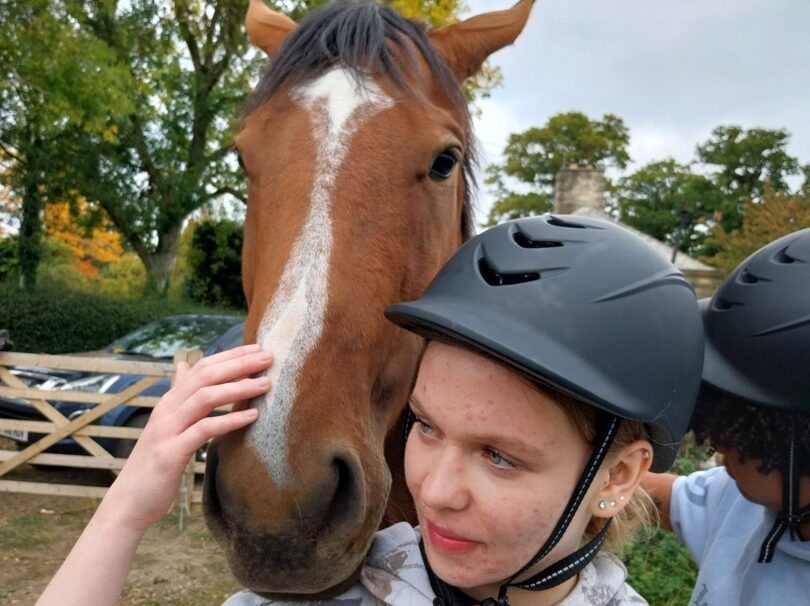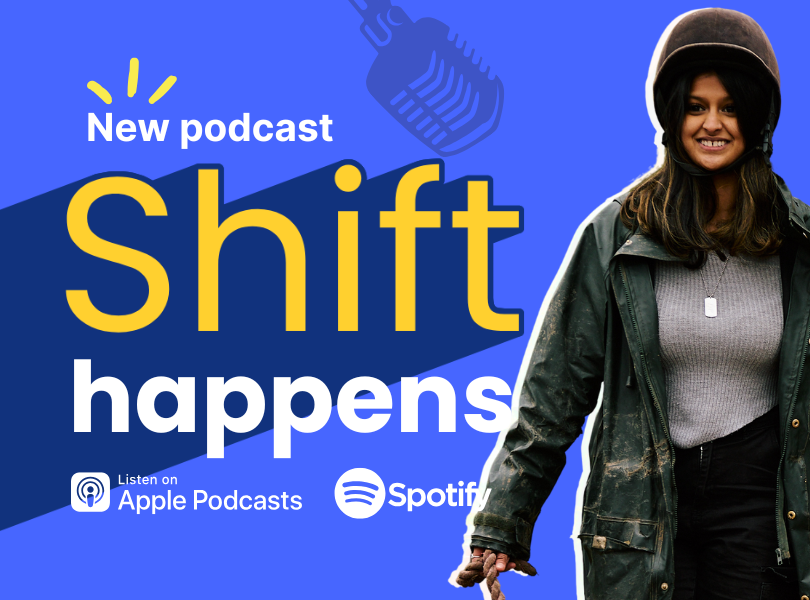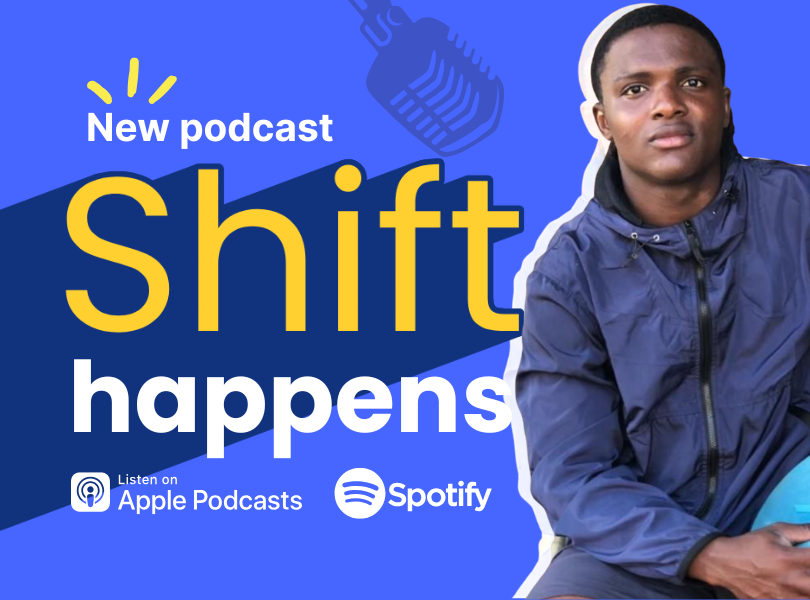What is the purpose of education? Should it not prepare children for adult life? To be self-sustaining, balanced, happy individuals who build secure families, have a decent job, pay the bills, enjoy leisure time with family and friends and play a part in their communities; being contributors rather than drains on society? The curriculum in the UK is currently one of the narrowest in the developed world (EPI report), with even Ofsted suggesting that the ‘narrowing of the curriculum in schools and an endemic pattern of prioritising data and performance results’ is causing a decline in the quality of education.
Currently, the UK has record levels of teacher attrition, with 1 in 6 leaving after just one year of teaching. 77% of teachers report poor mental health due to their job (Education Support Report) and the profession continues to have low public support, begging the question; is our current education system working for anyone? Could it be that so called ‘soft’ skills like resilience, motivation, communication and self-esteem are in fact essential to a well-rounded life?
I wrote the above last week. I was feeling frustrated and demoralised.
This week I attended the Fair Education Alliance Summit and it felt the sun came out. The FEA is a coalition of over 200 remarkable organisations, working to enrich the education system, to rebalance it, to look out and provide for the most disadvantaged students in creative, determined, competent and caring ways. Maybe the pendulum will swing back to when I began teaching 40 years ago. I was encouraged to find the key to each child’s curiosity, to build their confidence and motivation, to help them love learning and set them on a positive pathway for life. Education included life skills and opportunities for developing the social, emotional, physical and cognitive parts of a child. Since then, the resources and the band width of the curriculum have shrunk extraordinarily. As the world changes so rapidly, the tools to navigate it have reduced. Enrichment activities on offer to children from wealthy families remain beyond the reach of those from the poorest. Many social enterprises are trying to fill these gaps and share evidence of the impact of our failure to do so.
Continued news of a skills shortage in the UK demonstrates that the current education system is not meeting the needs of businesses. A recent report reveals 63% of organisation leaders are struggling with recruitment as candidates lack specialist skills and relevant experience and almost a quarter (24%) believe that finding staff with the right skillset remains the single biggest challenge facing organisations in the next five years (Business Barometer 2021). Many employers are no longer considering grades alone as a key to recruitment. They want critical thinkers who can demonstrate self-confidence, resilience, energetic engagement, creativity, be good communicators and build positive work relationships with colleagues. More than ever before, schools need to be enabled to develop and resource children in these areas. Most of a child’s waking hours are spent at school. Surely, we then have a duty of care to the whole child, to their social confidence, their emotional wellbeing, their physical health alongside their cognitive development. As Peter Hyman from Big Education remarked at the Summit, we need to approach education through ‘Hand, Heart and Head’.
Daily at Jamie’s Farm we hear children say “It’s tough, it’s demanding, it’s exhausting, but I feel better about myself. I am learning not to give up. I care more for others. I am beginning to trust the teachers and to ask for help”. Many teachers are blown away by the difference they see in the children they bring; confessing ‘I don’t recognise this child’. We need to take a new approach to preparing children for life – with opportunities to develop the right skills, they are able to achieve anything.



